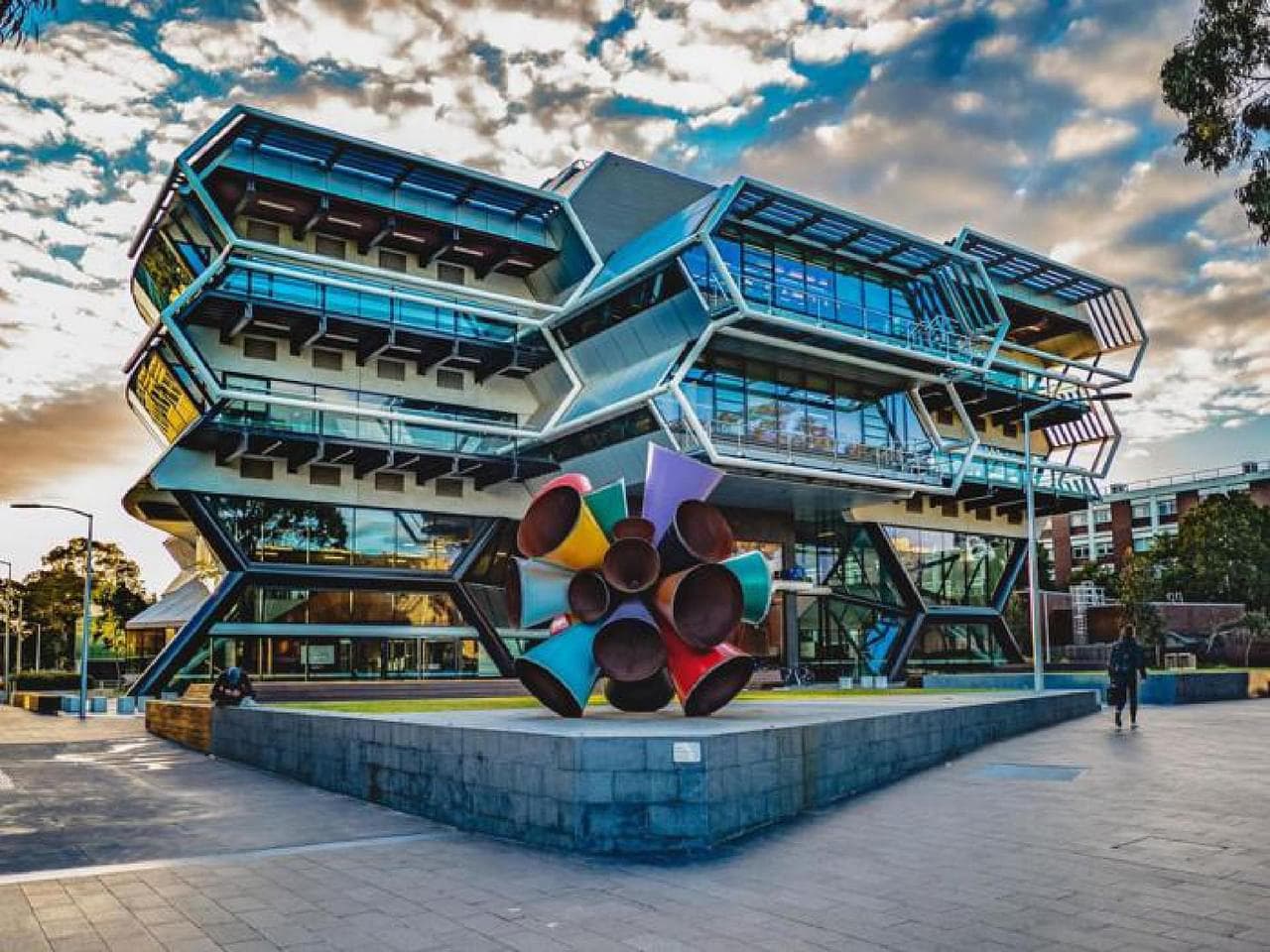Double degree courses allow you to study towards two different degrees at the same time, and graduate with two separate qualifications. And because a required subject in one course can count as an elective in the other, our double degrees take two years less than if you studied for the two degrees separately.
The Bachelor of Education (Honours) is a specialist course that develops through the four themes of Education studies, Curriculum studies, Discipline studies and Professional studies. The nature and balance of units required among these themes will differ depending upon your specialisation.
- A. Education studies
These studies provide the theoretical foundations of education that underpin the teaching and learning of children and young people in varied education settings. You will study contemporary theories of child or adolescent development, focusing on the age range relevant to your specialisation. You will also study sociology, psychology, diversity and inclusion, the broad principles of curriculum, pedagogy and assessment, and develop an understanding of the relationship between education and society at local, national and global levels. These studies emphasise educational inquiry and will ensure that your teaching is informed by current research and practice. You will acquire the foundation to move into leadership roles as your career progresses.
- B. Curriculum studies
These studies develop the knowledge and skills you will need to become a skilled and effective educator who is able to draw on an ever-growing and flexible repertoire of strategies to suit particular children, educational contexts and learning outcomes. You will learn how to design, plan and implement engaging, innovative and productive learning experiences in order to meet diverse learners' needs.
For students specialising in Primary education, the focus of Curriculum studies is on how primary school aged children learn and how you can effectively and creatively teach them in the key learning areas including English and literacies, mathematics, creative arts, technology, science, health and physical education, social education and studies of the environment and sustainability.
For students specialising in Secondary education, the focus is on deepening your understanding of teaching and learning strategies, theories and practice related to your discipline, preparing you to engage secondary students in purposeful learning.
- C. Discipline studies
These studies will develop your content knowledge in the subjects you will be teaching in schools or other education settings.
In Primary education you will take Discipline studies in a range of areas to complement teaching in the primary years. In this double degree course, you will take these studies within the partner degree course in disciplines of your choice.
In Secondary education you will typically take Discipline studies to teach two learning areas from a range of subjects. You will take these studies within the partner degree course in disciplines of your choice from the available specialist teaching areas.
- D. Professional studies
These studies will provide you with an understanding of professional identity and leadership as well as professional experience through the completion of supervised placement in settings relevant to your teaching specialisation. Placement connects the theoretical components of the other themes with practical aspects of teaching and learning. The number of days of placement required for professional registration will depend upon your specialisation. You will also undertake research units to develop your understanding of research principles and methods and the skills and capacities to design and conduct research with some independence.
The Bachelor of Music is a specialist course that develops through the themes of Music specialist study, Music theory and ear training, and Music context study:
- A. Music specialist study
This sequence of units will provide you with specialist skills to undertake a final examination either through performance with your chief instrument or voice, or through a folio of compositions, creative music technology media or written work. Performance and other applied electives are also available.
- B. Music theory and ear training
This will integrate the development of aural skills with the theoretical understanding of music through listening, analysis, performance, notation and composition.
- C. Music context studies
These studies will expose you to the study of music and music making in various cultural, historical, social and professional settings through introductory units and a capstone experience.
